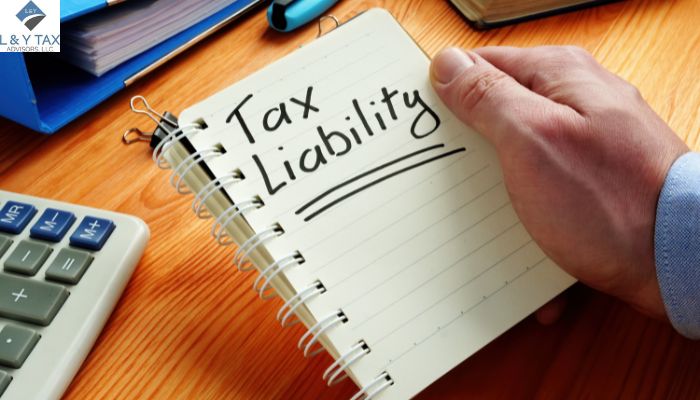
Personal Services Contract Tax Implications
The rapid enlargement of the business landscape has increased the popularity and demand of personal services contract tax implications. Instead of hiring full-time employees, many organizations are now opting to engage independent contractors to fulfill various projects. Businesses can easily access specialized expertise and skills regardless of promising long-term commitments and overhead expenses concerned with typical employment.
The essentiality of the carefully curated policies of tax implications will provide additional benefits and certain advantages for both parties involved. In addition, hiring a tax resolution specialist & consultant proves to be an extra assistance that sheds light on the tax implications of personal services contracts. Such professionals help you to manage financial arrangements.
Introduction to Independent Contractor Agreement
A personal services contract is an official document created for the mutual agreement between the business (or organization) and the individual. The approach to hiring an individual is based on his expertise in any of the services the firms seek. These services can range from beginner to expert level. IT specialists, creative content, and marketing are a few examples to count.
A personal services contract is sometimes referred to as an independent contractor agreement. One salient feature distinguishing between working personnel and an independent contractor is the nature of their relationship with the business they will be involved with.
While employees depend on the navigation of hiring managers to accomplish their tasks, independent contractors enjoy mental relaxation to handle the tasks at their own pace. They are also free from the company’s obligations – as the firm holds taxes from the employee’s wages.
Personal Services Contract Tax Implications for Businesses
Now that you know the foundational concepts of personal services contract tax implications, let’s delve into how they affect the authorities or businesses who hire individuals or self-employed expert contractors to achieve their targeted tasks.
1. Document Maintenance
Appropriate documentation records are vital for record maintenance because they balance the expenditure and certify your compliance with your state’s standard regulations. Keeping upgraded financial records, including invoices, contracts, and receipts, is an effective way to secure your interests in times of federal and state audit representation.
2. No Tax Restriction
Any business or firm looking to hire independent or self-employed contractors cannot withhold income, Social Security, or Medicare taxes from their regular earnings. Typically, well-established businesses are liable to issue a form 1099-NEC at the end of every year to report the finances paid to the contractor. Conversely, the contractors are accountable for making independent payments of their taxes.

3. No Payroll Taxes
As hiring authorities, businesses are impermissible to pay certain payroll taxes, including Medicare and Social Security taxes. It is because these independent contractors are part-time employees. Doing so benefits the companies’ financial savings while simultaneously, such contractors become professionals’ choices for accomplishing short-term projects.
Tax Implications for Self-Reliant Contractors
Similar to the tax implications imposed on businesses, the following actions for independent contractors must be kept in compliance while signing personal services contract tax implications.
1. Quarterly Tax Assessment
Businesses hiring self-employed contractors are responsible for making estimated quarterly tax payments directly to the Internal Revenue Service (IRS) because these contractors are free of withholding taxes from the companies. If the firms fail to pay these taxation amounts, additional interests and penalties are the outcome. The payments made to the IRS are used to provide coverage for income tax and self-employment tax liabilities.
2. Business Expenditure & Tax Deductions
If you’re working as an independent contractor, you can benefit from deducting certain business-related expenses. Personalized workspace at home, travel expenses, and professional supplies are a few advantageous factors you can save. However, proper record maintenance of these deductions is the only way to avail of these benefits.
3. Self-Employment Taxation
As independent contractors are self-employed workers for a temporary project of your business, they are accountable for paying a portion of employee and employer’s Social Security and Medicare taxes. Therefore, these expenses are also named self-employment taxes. For such purposes, you can contact and get further assistance from tax consulting services.
Final Wrap Up
Personal services contract tax implications are flexible yet remarkable arrangements for self-employed contractors and businesses who hire them. The contract for deed income tax implications is crucial for navigating potential capital gains, interest income, and deductions associated with such arrangements.It is also crucial to safeguard your interests from hefty fines that can result from bigger mistakes. The IRS’ classification system is based on the type of professional relationship between the employees and employers and financial and behavioral control while working. To refrain from such penalties, the IRS considers the classification system for workers’ benefits. CFO & business advisory services can advise while making decisions to facilitate improved business growth. Erroneous workers’ categorization can lead to severe tax liabilities and severe yet legitimate consequences.


